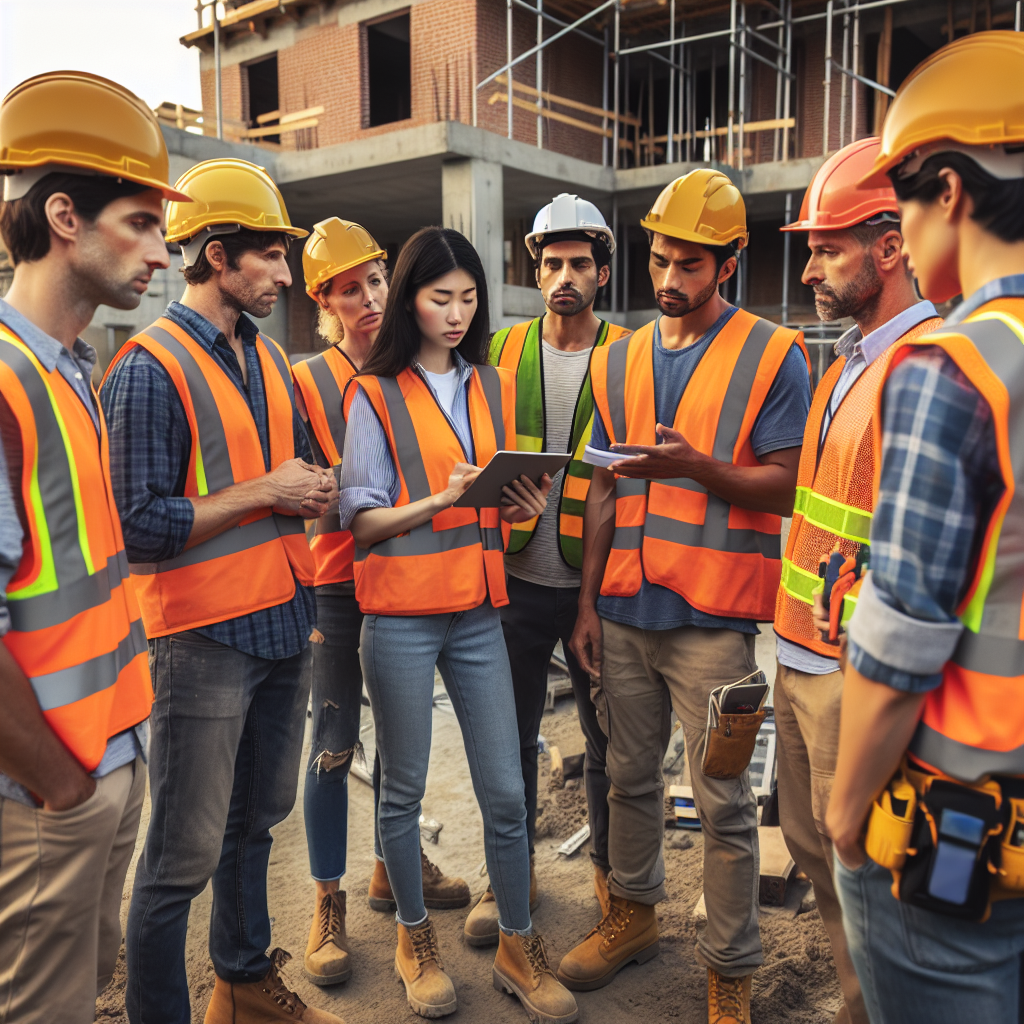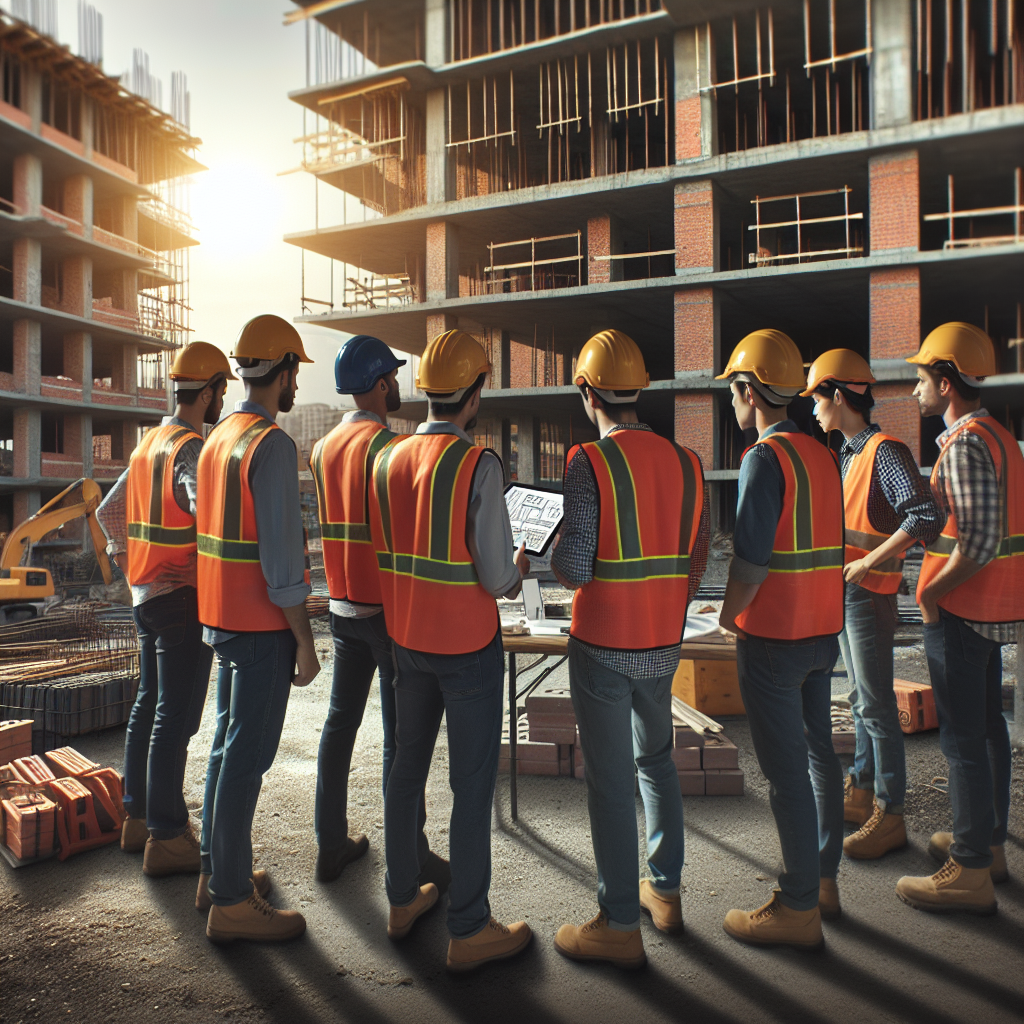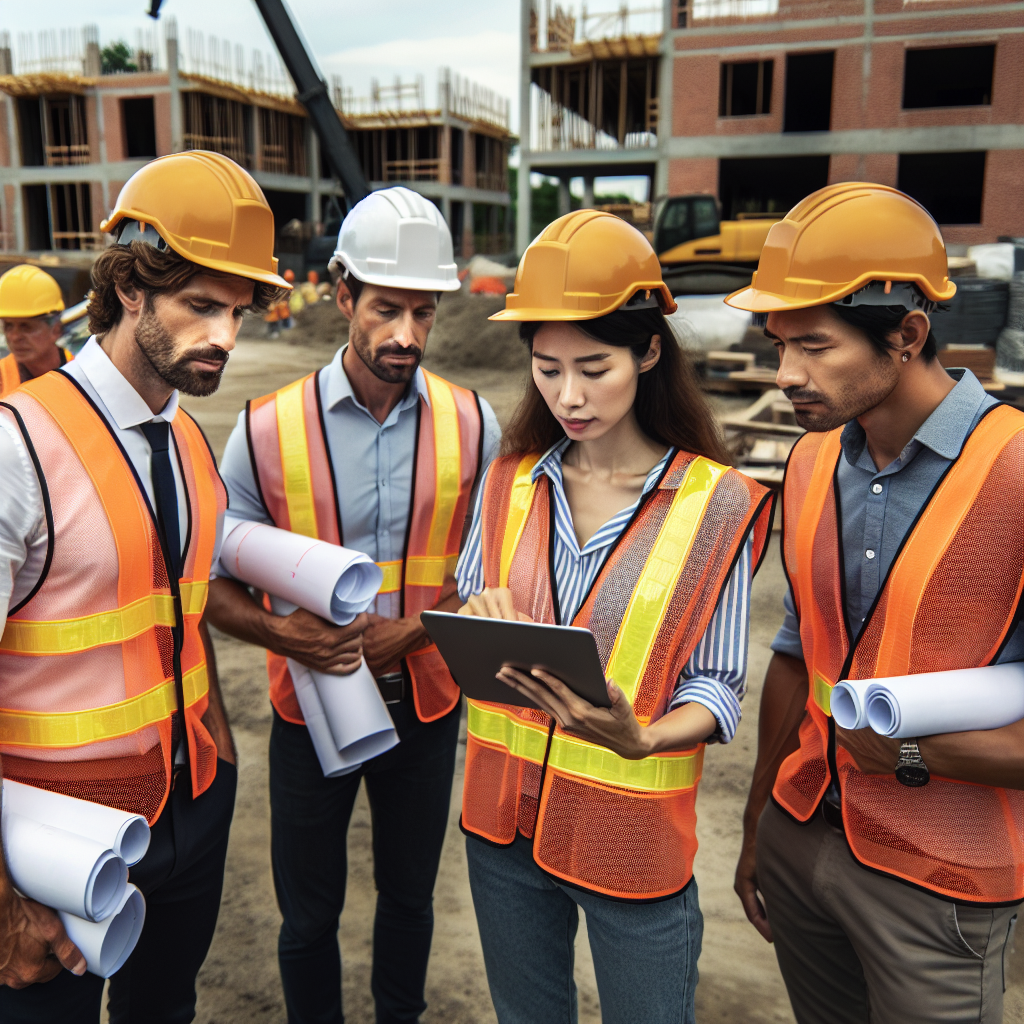AI-Driven Decision-Making: Are Construction Managers Ready?
In today’s fast-paced construction industry, AI-driven decision-making is emerging as a pivotal game-changer. Construction project management software that integrates artificial intelligence provides managers with advanced data analytics and insights that can greatly enhance project delivery. But are construction managers ready to embrace these innovations? This blog delves into the role of AI, its applications, benefits, and the challenges faced in integrating AI into decision-making processes.
The Role of AI in Construction Decision-Making
AI is revolutionizing how decisions are made in construction through predictive analytics, automated scheduling, and advanced communication tools. By harnessing vast amounts of data, AI empowers construction managers to make informed decisions, manage project risks, and optimize resource use effectively. This not only increases efficiency but also enhances overall project outcomes.
Key AI Applications in Decision-Making
Understanding the key applications of AI is vital for construction managers aiming to enhance their decision-making capabilities. Here are some of the most impactful AI applications:
Predictive Analytics
AI-driven predictive analytics is instrumental in analyzing historical and real-time project data to anticipate potential risks, delays, and cost overruns. By utilizing construction risk management strategies informed by data, project managers can make proactive decisions, ensuring projects stay on schedule and within budget.
Automated Project Scheduling
AI tools can generate and adjust project schedules effortlessly, based on evolving project data. By automating scheduling and integrating construction project tracking software, managers can better forecast delays caused by factors such as weather or supply chain issues, thereby reducing manual tasks.
Resource Optimization
Through extensive data analysis, AI optimizes the allocation of resources, including labor, equipment, and materials. Utilizing jobsite management tools equipped with AI capabilities ensures that resources are utilized efficiently, thereby controlling costs and minimizing waste.
Enhanced Communication
AI can significantly improve communication within construction teams by providing automated updates, language translation, and ensuring all stakeholders are on the same page. AI-powered communication tools help reduce miscommunication and delays, fostering greater collaboration.
Safety Monitoring
Implementing AI-powered safety systems on job sites is crucial for monitoring hazards. These tools alert managers to potential safety risks in real-time, applying AI risk management in construction to maintain a safe working environment and mitigate the risk of accidents.
Benefits of AI-Driven Decision-Making
The transformation brought by AI in construction is multifaceted, leading to numerous benefits:
Increased Efficiency and Productivity
AI-enhanced workflows streamline repetitive tasks and optimize project timelines, allowing construction companies to complete projects faster, thus increasing their overall workload and productivity.
Cost Savings
AI analytics enable construction managers to gain valuable insights into project performance and resource usage, translating into more favorable project budgets. Predictive capabilities help in identifying risks early, making it easier to implement cost-effective solutions.
Improved Quality and Safety
By identifying issues before they escalate, AI can enhance project quality. Real-time monitoring facilitated by predictive maintenance reduces equipment downtimes and improves site safety, protecting both personnel and project timelines.
Challenges and Considerations
While the benefits of AI-driven decision-making are significant, various challenges exist that construction managers must navigate:
Initial Investment and Implementation Costs
Transitioning to AI technologies demands considerable upfront investment, particularly for small and medium-sized enterprises. The complexity and time involved in the implementation process can also present obstacles.
Workforce Adaptation and Training
Adopting AI changes the construction landscape, necessitating continual education and training for staff to adapt to new roles and systems. Managers must emphasize skill enhancement through structured programs.
Data Security and Regulatory Considerations
As AI systems handle large volumes of data, ensuring its security becomes paramount. Construction firms must also navigate regulatory landscapes related to data usage and privacy for successful AI integration.
How Zepth Can Help
As the construction industry evolves, Zepth is uniquely positioned to aid managers in harnessing AI capabilities to optimize their operations:
Streamlining Project Management
Zepth offers construction management solutions that integrate AI technologies, automating routine tasks and providing real-time insights into project performance. This integration enhances construction document management, facilitating risk management and schedule optimization.
Enhancing Decision-Making
With Zepth, construction managers can leverage AI-driven predictive analytics to make informed decisions, optimize resource allocations, and improve team communication. These features are invaluable for the overall efficiency of construction projects.
Improving Safety and Quality
Incorporating AI in Zepth’s systems can lead to safer construction environments. Implementing AI-powered safety systems helps reduce accidents while simultaneously enhancing project quality.
Workforce Training and Adaptation
Zepth supports the transition to AI-driven management through training programs that equip the workforce with the skills needed to leverage AI tools effectively.
Emerging Innovations and Future Trends
The future of construction will continue to embrace advanced technologies such as:
Digital Twins and Augmented Reality
The integration of digital twins and augmented reality technologies will further enhance project monitoring and visualization, enabling construction teams to manage projects more accurately and efficiently.
Predictive Maintenance and Equipment Monitoring
AI will streamline predictive maintenance, ensuring equipment longevity by analyzing data and preventing unexpected failures before they affect project schedules.
Enhanced Collaboration and Communication
As AI-powered tools for communication become more prevalent, seamless information sharing among teams, clients, and subcontractors will further solidify project success.
Conclusion
AI-driven decision-making is set to be a transformative force in the construction sector, promising enhanced efficiency, productivity, and safety. Although challenges exist, solutions like Zepth provide the necessary support for construction managers to navigate this promising landscape. By leveraging AI effectively, companies can ensure better project outcomes and position themselves as leaders in the evolving construction industry.




